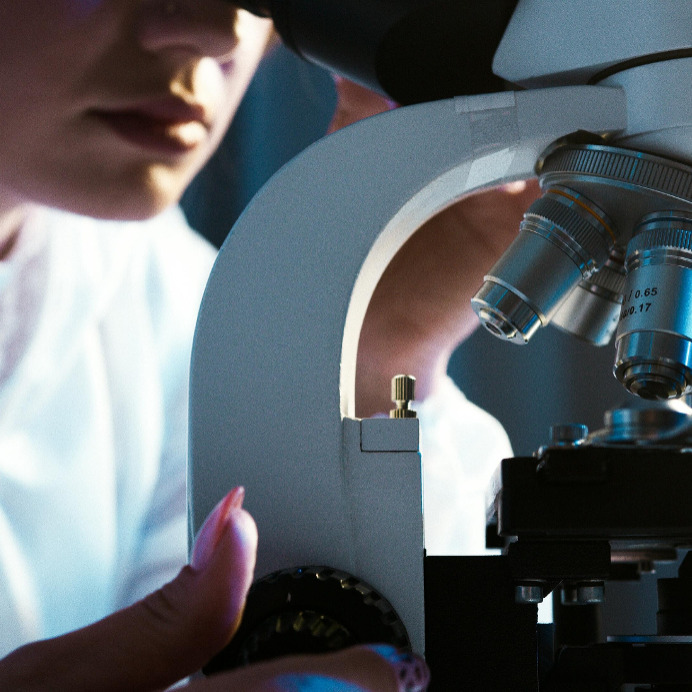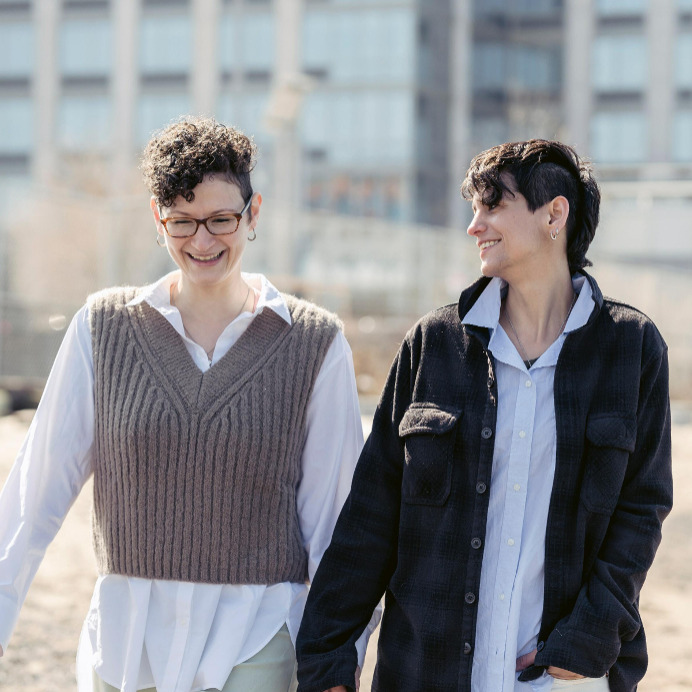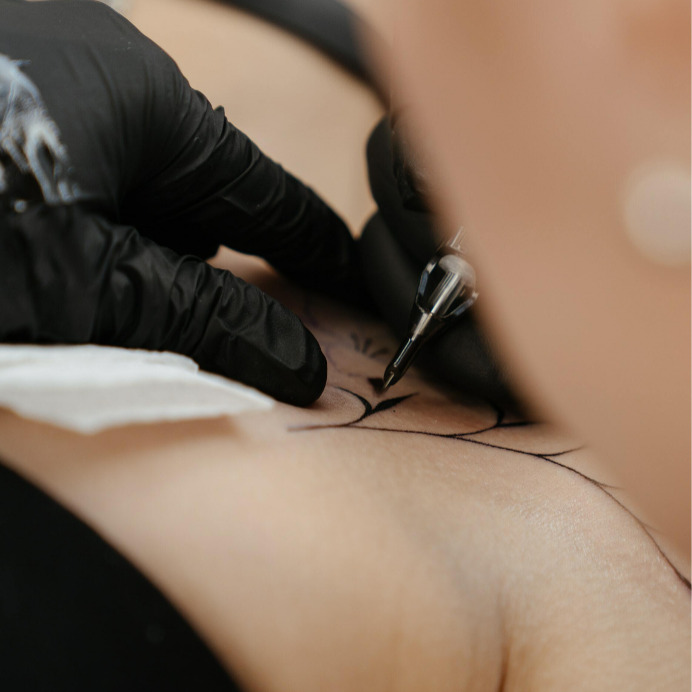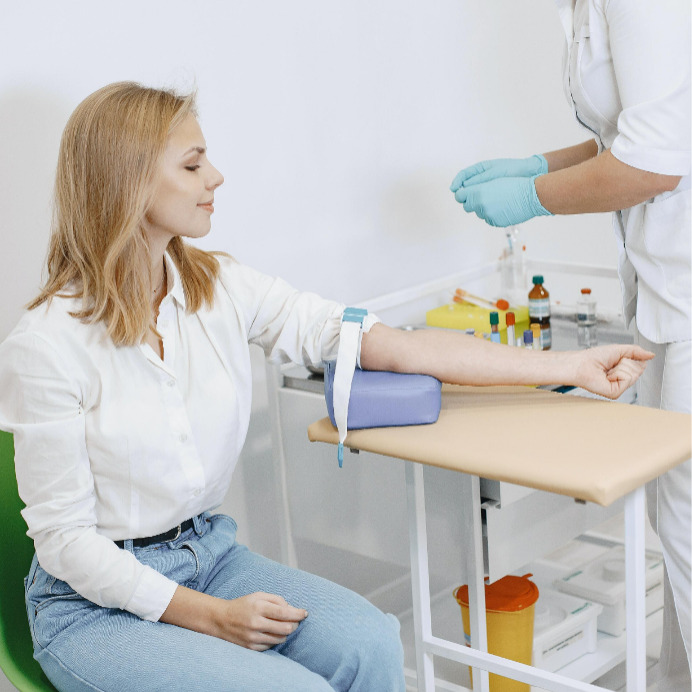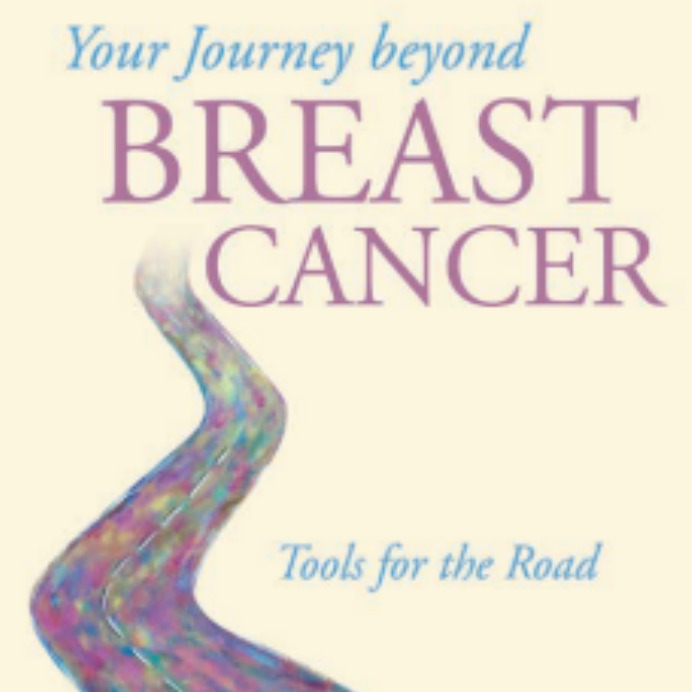By continuing to use our site, you consent to the processing of cookies, user data (location information, type and version of the OS, the type and version of the browser, the type of device and the resolution of its screen, the source of where the user came from, from which site or for what advertisement, language OS and Browser, which pages are opened and to which buttons the user presses, ip-address) for the purpose of site functioning, retargeting and statistical surveys and reviews. If you do not want your data to be processed, please leave the site.
The Voice of People With Breast Cancer
Education
Our Voices Blog
Category : Knowledge
History of the BRCA 1 & 2 Genes
Before it was known that genes could be linked to various cancers, 1970s research focused largely on viruses and their role in the development of cancer. With the knowledge that family history had an impact on cancer risk, Mary-Claire King, an American geneticist, began to theorize possibilities beyond viruses and started her mission in identifying the cause of breast cancer running in families.
Breast Cancer Care for Lesbian and Bisexual Women
Who you are and where you live can greatly impact your access to care, and sexual orientation is no exception to this. Within the healthcare system, the LGBTQ+ community regularly experiences barriers when seeking adequate health services, and the effect of these barriers may result in poorer health outcomes. This leads to the question — does being a lesbian or bisexual woman affect your risk for breast cancer?
Considering a Mastectomy Tattoo? Here’s What You Need to Know
Following breast cancer surgery, there are a variety of options available to you. You may choose to live flat, have breast reconstruction, get implants, or use breast prostheses. Another option that you may have not considered or known about are mastectomy tattoos. Women who have gotten mastectomy tattoos following their breast cancer treatment have given a variety of reasons for getting them, including that they are a confidence boost following treatment, to cover scars, to create something beautiful, and to mark what they’ve been through.
A Quick Guide to Nipple Reconstruction
During a mastectomy or double mastectomy, the nipple is usually removed. One option to remedy this is to have nipple-sparing mastectomy. However, if you are not a candidate for this, you may want to look into whether getting your nipple reconstructed is more ideal for your situation.
What Happens if a Life or Health Insurance Company Denies Your Claim?
A breast cancer diagnosis comes with so many fears and challenges. The last thing you need on your mind is the worry about whether your insurance claim will be approved or denied. Appealing a denied claim can add an additional burden to an already difficult time. Some people don’t even realize that are able to appeal their denied insurance claims. But how do you do it?
5 Clinical Trials Currently Recruiting Across Canada
Each year, May 20th is recognized as Clinical Trials Day across the globe. In honor of this, we are highlighting various multi-centre clinical trials that are currently recruiting participants. Clinical trials are important for the advancement of cancer treatment and care, as well as important in improving the standard-of-care.
Your Questions Answered About Disputing Denied Insurance Claims Through the OmbudService for Life and Health Insurance (OLHI)
A common inquiry we receive from patients is what to do if their insurance company has denied their claim related to their cancer treatments. One service we often direct individuals to is the OmbudService for Life and Health Insurance (OLHI). But who are they? And how can they help you?
Practical Tools to Find Inner Strength and Resiliency During Breast Cancer and Beyond
I know you remember the moment you heard, “You have breast cancer”. Those words began a long journey with many possible roadblocks and detours. You will all be at different points on your cancer timeline. Perhaps you have just been diagnosed, are continuing with treatment, or even managing a reoccurrence. Because each of you is more than a statistic, your journey will be unique. The path to follow must be the one that is right for you. At each turn, you will be faced with many hard decisions. You certainly did not choose this challenge, but it is now in front of you. Deciding what is important, how you want to live, and setting your priorities are some of the many demands of this disease. The challenge is how do you want to move forward towards healing which is finding your wholeness and balance. Cure is the absence of physical disease. Everyone hopes for a cure. Even if you cannot achieve a cure, you can and must seek your definition of healing.
Getting a Second Opinion in our Public Health System
When we hear stories about people’s experiences receiving a diagnosis like breast cancer, we often hear the empowering message to trust your gut and get a second opinion if the answers aren’t sitting well with you. These messages, while meant to be inspiring, can often feel impractical. In other countries, like the US, getting second opinions may be fairly straightforward, but in Canada, second opinions may be a bit trickier to come by.
Understanding Common Research Terms
Have you ever found yourself confused and wondering what all those scientific terms mean in the research studies we share on breast cancer? If so, we’ve compiled a list of common terms used in various breast cancer news articles to help explain how they are used in determining the results and progress of clinical trials and research.

